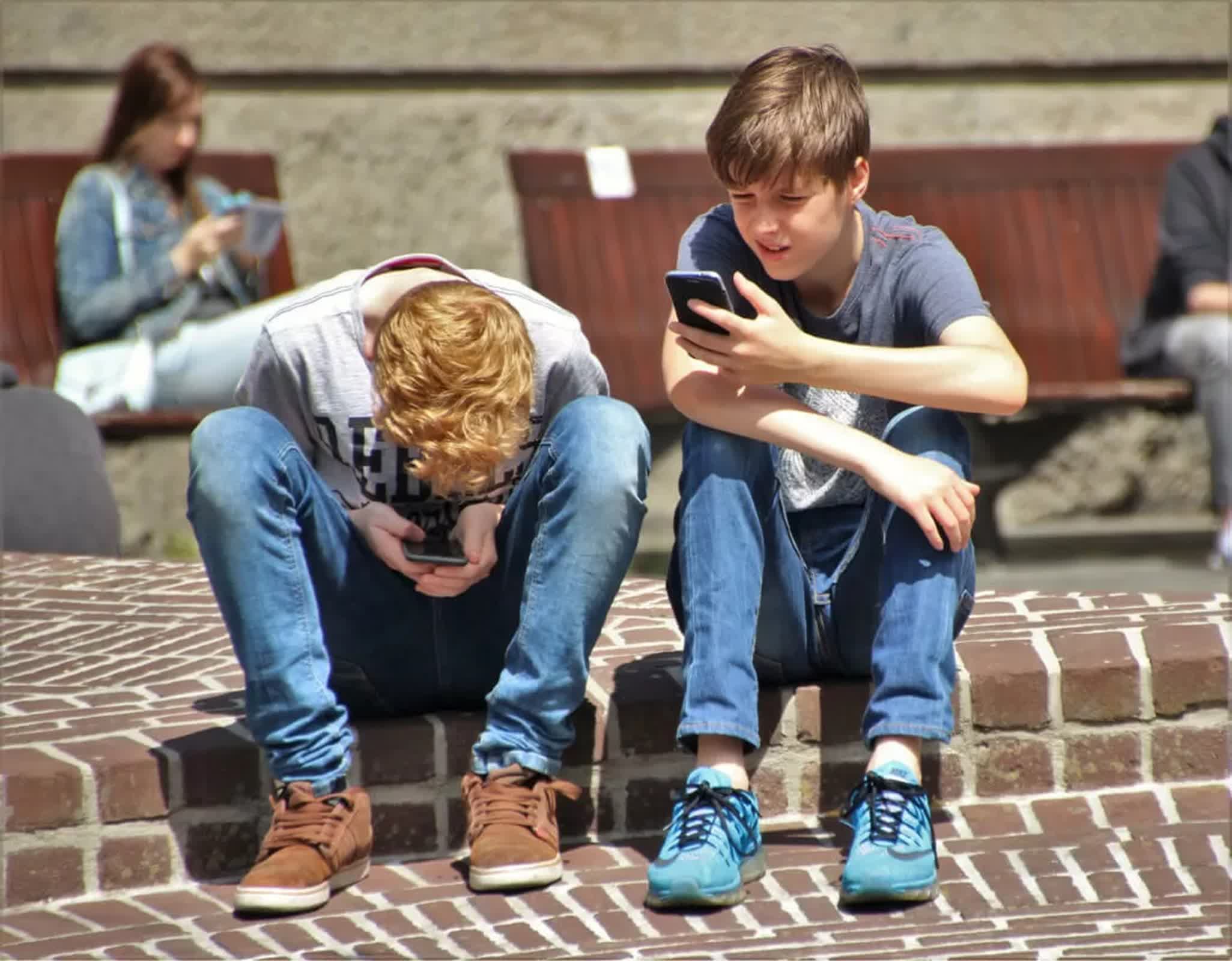In brief: Australia has been aggressive in its attempts to regulate tech giants and protect young social media users. However, a blanket ban on under-16s without exemptions is a first in the West, and if it is enacted, the world will be watching to see how it impacts the digital landscape and more fundamentally, whether it can work at all.
The Australian government has announced plans to introduce legislation banning children under 16 from using social media platforms. Prime Minister Anthony Albanese unveiled the proposal on Thursday, describing it as a world-leading initiative aimed at mitigating the harm social media inflicts on children.
"Social media is doing harm to our kids and I'm calling time on it," Albanese said during a press conference in Canberra. "This one is for the mums and dads... They, like me, are worried sick about the safety of our kids online. I want Australian families to know that the government has your back."
The proposed legislation, set to be tabled in parliament next week, would require social media companies to take responsibility for enforcing the age restriction. Prime Minister Albanese said that the onus would be on platforms to demonstrate that they are taking reasonable steps to prevent access by underage users. "There'll be no penalties for users," he said.
Communications Minister Michelle Rowland clarified that the ban would apply to major social media platforms such as Meta's Instagram and Facebook, ByteDance's TikTok, X, and possibly Alphabet's YouTube. The legislation is expected to come into effect 12 months after passing through parliament.
Most significantly, the ban will apply uniformly, with no exemptions for parental consent. The government has indicated that children already using social media will not be grandfathered in, meaning existing underage accounts must be closed.
The new rules will be enforced by Australia's eSafety Commissioner, the country's online regulator. While specific penalties for non-compliance have not yet been detailed, the government has suggested there will be "stronger penalties" for companies that fail to cooperate.
Reactions from social media companies have ranged from cautious to non-existent. Meta's head of safety, Antigone Davis, told Bloomberg that the company respects "any age limitations the government wants to introduce for social media use." However, she cautioned against hasty implementation, saying, "What's missing is a deeper discussion on how we implement protections, otherwise we risk making ourselves feel better, like we have taken action, but teens and parents will not find themselves in a better place."
Other major platforms, including TikTok, Google, and X, have not officially commented on the proposed legislation.
The Australian government's move comes amid growing global concern about social media's impact on young people's mental health and well-being. While several countries have introduced or proposed restrictions on children's social media use, Australia's approach is particularly stringent.
Prime Minister Albanese acknowledged that the ban might not be entirely effective, noting that alcohol restrictions have not wholly prevented underage drinking. However, he argued that the measure was necessary given the power imbalance between young users and tech companies. "These tech companies are incredibly powerful. These apps have algorithms that drive people towards certain behavior," he said.
The proposal has sparked debate among experts and advocacy groups. Some argue that outright bans may simply delay young people's exposure to social media rather than equipping them to navigate online spaces safely. The Australian Child Rights Taskforce, in an open letter signed by over 100 academics and 20 civil society organizations, called for "safety standards" rather than blanket bans.
Conversely, grassroots campaigns like the 36Months initiative, which has garnered over 125,000 signatures, support the ban. They argue that "excessive social media use is rewiring young brains within a critical window of psychological development, causing an epidemic of mental illness."
As this debate rages on, there are questions about the legislation's practical implementation, particularly regarding age verification methods and potential workarounds. The government has said it is trialing age-verification systems to block underage access.
